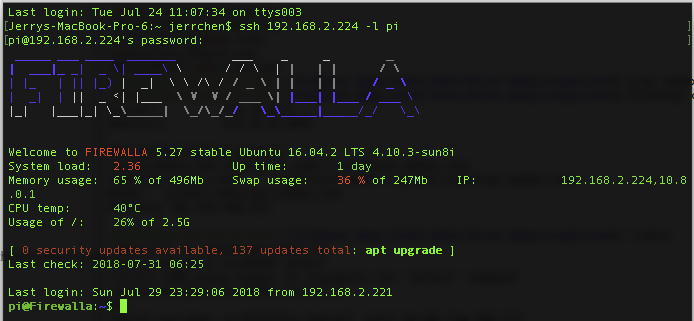6 Windows 11 improvement tips
- Jun 23, 2023
- 2 min read
Improve Your Windows System Performance

Nobody likes to see their computers running slowly. Besides annoying users and decreasing productivity, poor performance may indicate an underlying problem or imminent system failure.
It takes less time and effort to prevent a problem than to deal with its consequences. (By the way, when was your last dentist appointment? J). Save yourself time and frustration later on. Follow the simple tips below for system maintenance.
Too busy to do it manually? Follow these 6 easy steps
1. Keep your system updated: Regular Windows updates are crucial for your system's performance as they often provide performance enhancements. You can set up automatic updates in the "Windows Update" section of the "Settings" application.
2. Optimize your startup: Too many applications launching at startup can significantly slow down your system. To limit the number of applications that start automatically, use the "Startup" tab in the Task Manager (Ctrl + Shift + Esc) to manage these applications. Right-click and disable any applications you don't need at startup.
3. Regularly scan for malware: Malware can drastically affect your system's performance. Regularly running a malware scan helps keep your system running smoothly. Use Windows Security, a built-in scanner in windows 11 operating systems to Protect your Home Office or another trusted antivirus software. Schedule regular scans and keep your antivirus definitions up-to-date.
4. Clean up your hard drive: Unnecessary files can take up valuable space and slow down your system. Regularly cleaning up your hard drive helps speed up your system. Use the built-in Disk Cleanup tool in Windows. It can be accessed by typing "Disk Cleanup" into the start menu. Choose the drive you want to clean and select the file types to delete.
5. Defragment and Optimize Drives: Over time, files on your hard drive can become fragmented, leading to slower performance. Defragmenting these files can help improve speed. Use the "Optimize Drives" tool in Windows. Type "Defragment" in the start menu to access it. Click "Optimize" to start the defragmentation process.
6. Upgrade your hardware: If you're still experiencing slow performance despite maintaining your system, consider a hardware upgrade. Increasing RAM, upgrading to a solid-state drive (SSD), or upgrading your graphics card can make a significant difference. The system and applications’ demands for computing resources are growing; sometimes, you need more powerful hardware to catch up.
Enjoy the improved performance and stay cyber-protected!
The nerdcore group




Comments